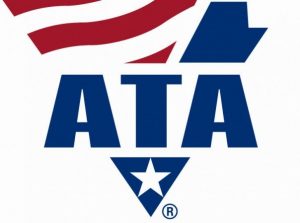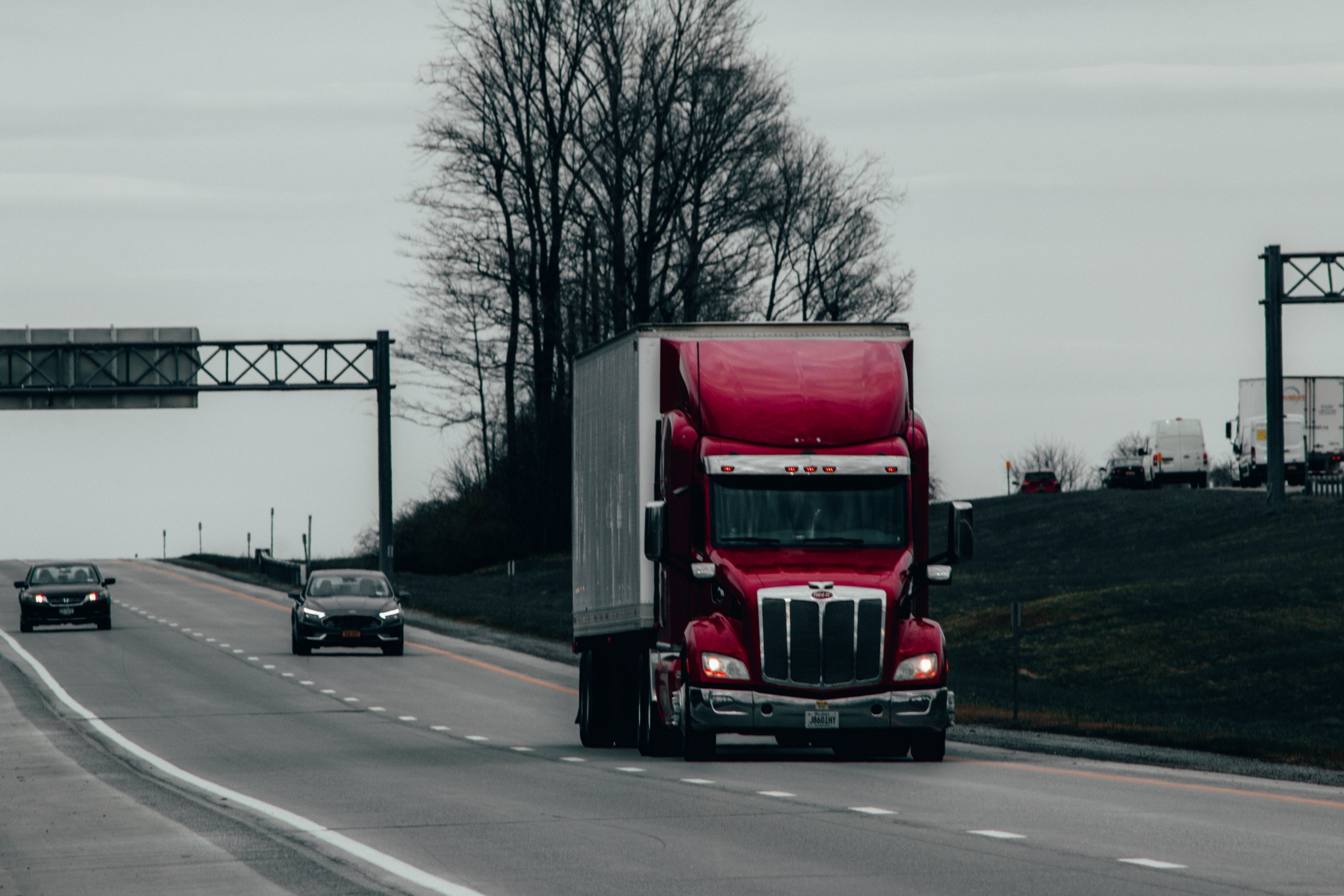Trucking industry driver shortage sets new record of 80K according to ATA
The trucking industry is short 80,000 drivers, a record high, according to the American Trucking Associations (ATA).

Driver Shortage Sets New Record – The trucking industry is short 80K drivers, a record high, according to the American Trucking Associations (ATA). …30-percent increase from before the pandemic…
That’s a 30-percent increase from before the pandemic, when the industry already faced a labor shortage of 61,500 drivers.
“That’s a pretty big spike,” said Chris Spear, president of ATA. “Many drivers are retiring, dropping out of the industry. Increased consumer demand, prompting a need for more drivers, also plays a big role in the shortfall.’’
“Many drivers are retiring, dropping out of the industry. Increased consumer demand, prompting a need for more drivers, also plays a big role in the shortfall.’’ ATA President and CEO Chris Spear
This comes at a time when US ports are backlogged — primarily because there are few trucks and drivers to pick up cargo — creating a supply chain slowdown. President Biden directed the Ports of Los Angeles and Long Beach to move to 24-hour operations. However, the ports can’t yet work round the clock because importers don’t have enough drivers to move their cargo at all hours.
Enjoying our insights?
Subscribe to our newsletter to keep up with the latest industry trends and developments.
Stay Informed“Twenty-four-hour is an improvement,’’ Spear said. “But it doesn’t matter if it’s a port in LA or Long Beach, or the last mile of delivery from a train to a warehouse in Wichita. You’re going to have to have a driver and a truck move that freight.’’
Truck drivers move 71 percent of the US economy’s goods, but represent just 4 percent of the vehicles on the roads, Spear said. If nothing is done, the latest figures put the industry on track for a shortage of 160,000 drivers by 2030, and the need for 1 million drivers over the next 10 years, according to ATA.

Driver Shortage Sets New Record – …latest figures put the industry on track for a shortage of 160K drivers by 2030, and the need for 1 million drivers over the next 10 years, according to ATA.
The bipartisan infrastructure bill awaiting action in Congress would authorize hundreds of billions of dollars for transportation, which would include workforce development for the trucking industry. That would allow 3,000 drivers between the ages of 18 to 20 to receive training to drive tractor-trailers across state lines. Currently, drivers must be 21 to do so.
Spear believes younger drivers are the key answer to the labor shortage.
“I think that clearly is the most impactful thing that could be done right now to alleviate this problem. So next year, we are not going to be having this conversation because it will alleviate itself because we’re investing,” Spear said.






















